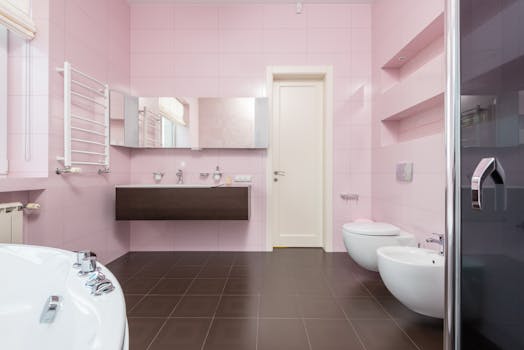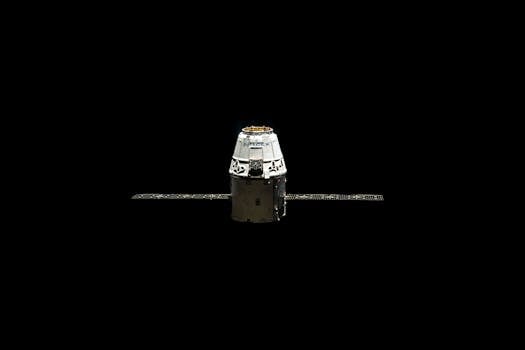The Future of Luxury Jet Airplanes: Innovations and Trends to Watch
Takeaways: The luxury jet industry is poised for significant advancements, including eco-friendly technologies, enhanced passenger experiences, and cutting-edge designs that cater to the affluent traveler. Major manufacturers are investing in sustainability and technology to redefine private aviation.
The luxury jet market is undergoing a transformation as manufacturers embrace new technologies and consumer preferences shift towards sustainability and personalized experiences. As the demand for private air travel continues to rise, the future of luxury jets looks promising, with innovations that not only enhance comfort but also address environmental concerns.
Emerging Technologies in Luxury Aviation
One of the most exciting aspects of the future of luxury jet airplanes is the integration of advanced technologies. Manufacturers are increasingly focusing on innovative designs that incorporate the latest in aerodynamics and materials science, leading to jets that are faster, more efficient, and more comfortable than ever before.
For instance, the development of electric and hybrid aircraft is gaining traction. Companies like Electric Aircraft Report are tracking advancements in electric aviation, which promise to reduce carbon footprints significantly. These aircraft not only aim to minimize environmental impact but also reduce operating costs, making luxury flying more accessible.
Moreover, the use of artificial intelligence (AI) in flight operations is on the rise. AI can optimize flight paths, manage fuel consumption, and enhance safety protocols, leading to a smoother flying experience. The integration of AI also extends to in-flight services, where personalized experiences can be tailored to individual passenger preferences.
Sustainability in Private Aviation
As environmental concerns become increasingly prominent, the luxury jet industry is stepping up to embrace sustainability. Manufacturers are developing sustainable aviation fuels (SAFs) that significantly lower emissions compared to traditional jet fuels. These fuels are derived from renewable sources, offering a greener alternative for private flights.
In addition to SAFs, companies are also exploring the potential of biofuels and synthetic fuels. The adoption of these alternatives is crucial for the industry to meet global emissions targets while still catering to the needs of high-net-worth individuals who frequently utilize private jets.
Furthermore, luxury jet manufacturers are also focusing on reducing the weight of their aircraft, which directly impacts fuel efficiency. By utilizing lightweight materials like carbon fiber and advanced composites, these companies can create jets that consume less fuel and operate more efficiently, appealing to eco-conscious travelers.
Redefining Passenger Experience

For instance, the introduction of advanced soundproofing technologies ensures that passengers enjoy a quieter environment, making long flights more enjoyable. Additionally, customizable cabin layouts allow travelers to configure spaces according to their needs, whether for business meetings or leisure.
The integration of smart technology within the cabin is also on the rise. Passengers can control lighting, temperature, and entertainment systems through their devices, creating a personalized atmosphere that caters to individual preferences.
The Role of the Global Market

Regions such as Asia-Pacific are becoming key players in the luxury aviation industry, with an increasing number of wealthy individuals seeking private jet services. Manufacturers are responding by establishing service centers and partnerships in these regions to cater to the growing demand.
As the market evolves, the focus on personalization and customer service will be essential. Companies are investing in training for flight crews and support staff to ensure that they can provide top-notch service tailored to the needs of their affluent clientele.
In conclusion, the future of luxury jet airplanes is bright, marked by technological advancements, a commitment to sustainability, and an unwavering focus on enhancing passenger experiences. As the industry continues to innovate, we can expect to see private aviation that not only meets the demands of luxury travelers but also aligns with global sustainability goals.






